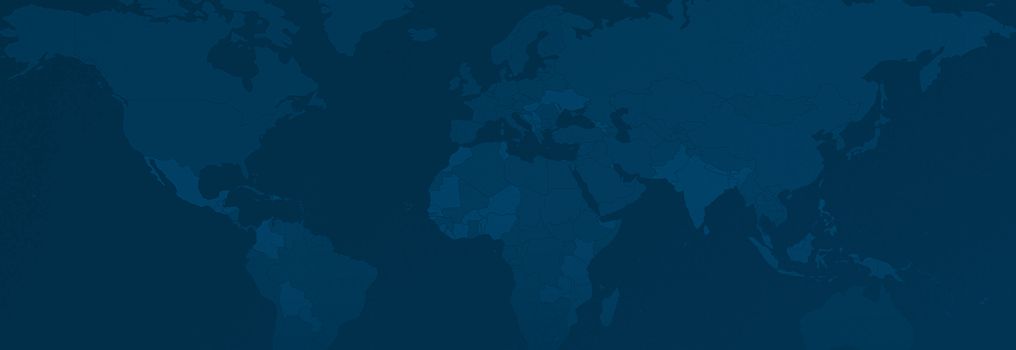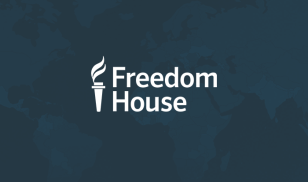


Hungary
Since taking power in the 2010 elections, Prime Minister Viktor Orbán’s Alliance of Young Democrats–Hungarian Civic Union (Fidesz) party pushed through constitutional and legal changes that have allowed it to consolidate control over the country’s independent institutions.
Research & Recommendations
Hungary
| PR Political Rights | 24 40 |
| CL Civil Liberties | 41 60 |
Overview
Since taking power in the 2010 elections, Prime Minister Viktor Orbán’s Alliance of Young Democrats–Hungarian Civic Union (Fidesz) party has pushed through constitutional and legal changes that have allowed it to consolidate control over the country’s independent institutions. The Fidesz government has passed antimigrant and anti-LGBT+ policies, as well as laws that hamper the operations of opposition groups, journalists, universities, and nongovernmental organizations (NGOs) that are critical of the ruling party or whose perspectives Fidesz otherwise finds unfavorable.
Democratic governments and donors must increase and sustain support for those working to defend and promote fundamental freedoms around the world. Failure to do so emboldens autocrats and can result in the loss of hard-won progress.
The events of the past year in places such as Nagorno-Karabakh and the Gaza Strip provided stark evidence that populations without self-determination are at greater risk of extreme human rights abuses or atrocities.
At least 40 countries are holding national-level elections in 2024, and many more will conduct other types of balloting. Free and fair elections are a cornerstone of any democracy, and independent and transparent electoral processes are necessary to foster genuine competition and public trust.
Hungary
| A Obstacles to Access | 21 25 |
| B Limits on Content | 24 35 |
| C Violations of User Rights | 24 40 |
Political Overview
Since taking power in 2010 elections, Prime Minister Viktor Orbán’s Alliance of Young Democrats–Hungarian Civic Union (Fidesz) party has pushed through constitutional and legal changes that have allowed it to consolidate control over the country’s independent institutions. The Fidesz government has passed antimigrant and anti-LGBT+ policies, as well as laws that hamper the operations of opposition groups, journalists, universities, and nongovernmental organizations (NGOs) that are critical of the ruling party or whose perspectives Fidesz otherwise finds unfavorable.
Freedom of expression online is increasingly under attack as governments shut off internet connectivity, block social media platforms, or restrict access to websites that host political, social, and religious speech. Protecting freedom of expression will require strong legal and regulatory safeguards for digital communications and access to information.
The potential consequences of false, misleading, and incendiary content are especially grave during election periods, underscoring the need to protect information integrity. Efforts to address the problem should start well before campaigning begins and continue long after the last vote is cast.
Governments worldwide have passed disproportionate surveillance laws and can access a booming commercial market for surveillance tools, giving them the capacity to monitor the private communications of individuals inside and beyond their borders in violation of international human rights standards.
Hungary
| DEMOCRACY-PERCENTAGE Democracy Percentage | 42.86 100 |
| DEMOCRACY-SCORE Democracy Score | 3.57 7 |
OVERVIEW
No score changes in 2024
The full Nations in Transit 2024 narrative report for Hungary will be posted as soon as it becomes available.
The future of European democracy and security is now inextricably linked to the fate of Ukraine. European Union (EU) and NATO member states must not only invest far more—and more efficiently—in their collective defense, but also provide Ukraine with the assistance it needs to roll back Russian advances and build a durable democracy of its own.
In addition to defending the international order from emboldened autocrats, democratic governments must attend to democratic renewal within Europe, particularly among nascent democracies.
Military aggression from autocracies in the region has underscored the dangers of exclusion from democracy-based organizations like the EU and NATO, galvanizing the political will of policymakers in aspiring member states and generating further public pressure to undertake long-sought democratic reforms.




